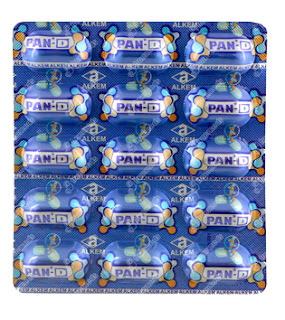Choosing the Right Cold Tablet
There are several types of OTC cold medications. Choosing the correct medicine for your cold type is based on your symptoms. Cold medications are mostly available as combination medicines, which makes it important to choose selectively to avoid overdose or misuse of medicine.
Decongestants
As the name suggests, they work by reducing the pressure in the sinuses and lowering the stuffiness levels in your nose. Pseudoephedrine and phenylephrine belong to the decongestant class of medicines. Be wary of its use in patients at risk of heart ailments, kidney diseases, high blood pressure, and thyroid diseases, as decongestant use may lead to a racing heart, restlessness, and irritability. Oral dosage forms like tablets will have comparatively lower side effect profiles than nasal sprays.
Expectorants
Expectorants are a class of medicines that loosen up the mucus and help you to throw it out. Guaifenesin is one such example of an expectorant. Cough suppressants are combined with the expectorants like dextromethorphan. Cough suppressants are also called antitussives.
Be aware of the side effects like nausea, vomiting, dizziness, and drowsiness up on the use of dextromethorphan.
Antihistamines
These are the main choices of medicines in the cold. It helps relieve symptomatic relief from runny nose, itching, and itchy, watery eyes. It helps relieve allergy symptoms, not necessarily cold. Diphenhydramine, chlorpheniramine, and brompheniramine are a few antihistamines with drowsiness as a side effect. They help in sound sleep during the night times.
Common cold is a common ailment but is not curable. It can only be treated for its symptoms. The only way to handle a bad cold is by picking the right medicine for your cold symptoms. It is important to carefully select the right medication, whether from an online pharmacy or a nearby medical store. This can have numerous benefits for our health, including avoiding negative side effects caused by incorrect medication or overmedication. It is recommended to take medication within the specified limits as per medical literature or with the guidance of a doctor and pharmacist.



Comments
Post a Comment